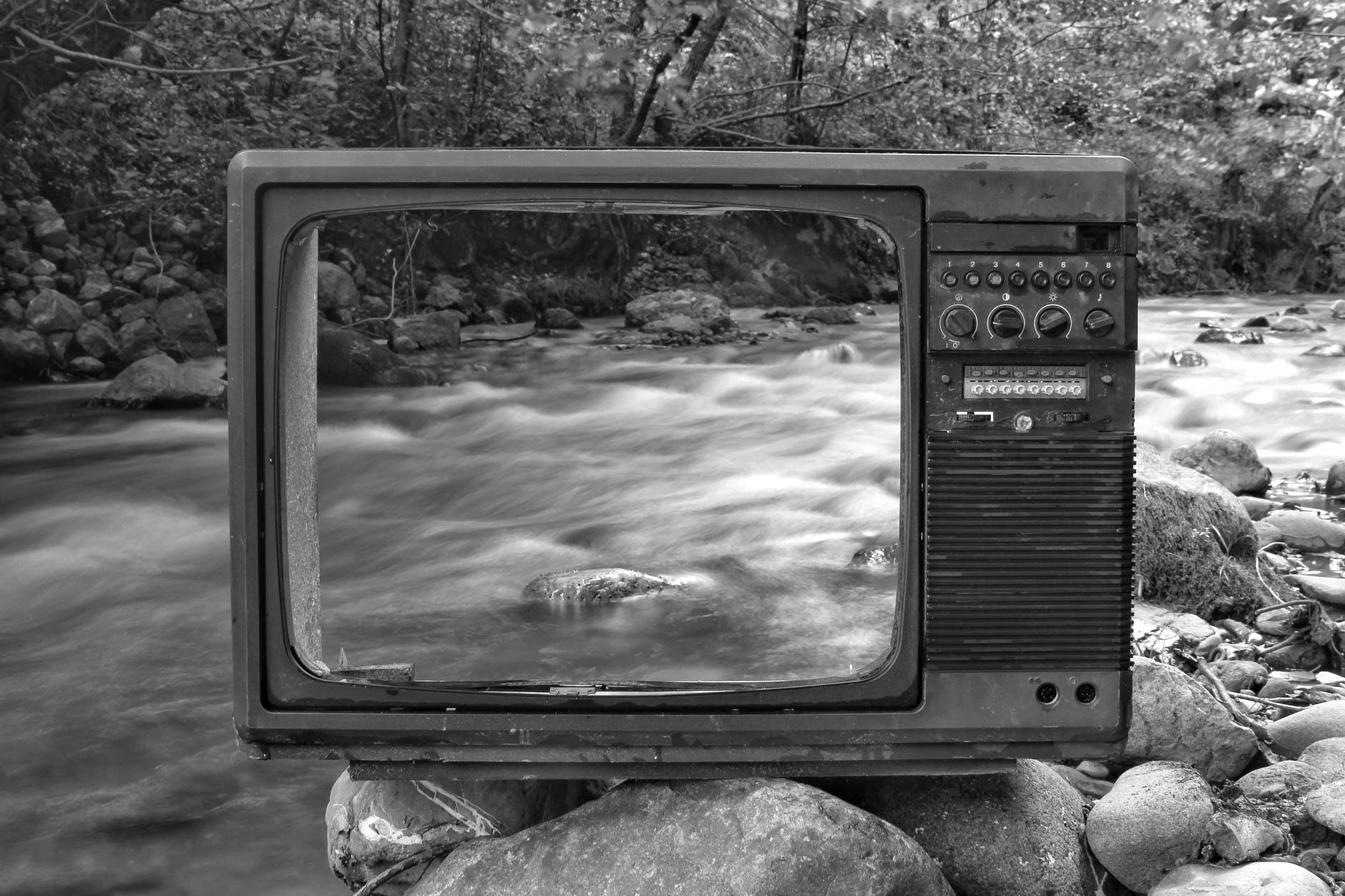
Green.Org sat down with MD of Mount Pleasant Studios, Richard Lewisohn, to discuss the work going on behind the scenes of the film and TV industry to reduce the carbon footprint during production.
Contents
- 1 Thanks for joining us, Richard. Could you tell us a bit about your background?
- 2 What is a fun fact about you?
- 3 Why do you think climate change and sustainability is such an important topic today?
- 4 What do you envision your industry looking like 10 years from now?
- 5 What can the average person do to make a difference?
- 6 Thanks so much, Richard, for sharing your insight into the future of a sustainable film and TV industry.
Thanks for joining us, Richard. Could you tell us a bit about your background?
I started out working in TV commercials production and now own Mount Pleasant Studio, London’s most central soundproof film and TV studio. We host a huge range of projects from TV series and documentaries to live streamed conferences and launches, commercials, corporate films, VFX and green screen shots. We’re proud to be wind powered 100% from renewable energy via the windfarms of Ecotricity, and, as far as we know, we are the only studio in the UK that only uses electricity from 100% vegan renewable sources. The hot, power hungry space lights the lit our ‘infinity cove’ have been replaced with eight state of the art Nanlux Dyno 650C LED soft light panels. They are twice as bright, wirelessly dimmable and tunable to daylight, tungsten or any colour you like. Unlike the space lights they hardly give out any heat and although our electricity is from renewables it still seemed wrong to be burning 38000 watts when LED panels consume 15% of that, with a higher output. I also work as a professional photographer which means I can get decent images and video of the studio without paying anyone! Here’s a video showing the new lights being installed.
What is a fun fact about you?
An image I shot of a zebra sold 400,000 canvases in IKEA worldwide (Google IKEA Zebra Canvas). I wish I’d got paid more than one cent per canvas. I didn’t negotiate that deal.
Why do you think climate change and sustainability is such an important topic today?
There’s no doubt that climate change is real and a threat to all of us, whether through flood and storm damage, forest fires, rising sea levels and migration from areas that can no longer sustain life. As a society we need to make changes that will effect our lifestyles, but which are necessary if we don’t want to pass a tipping point that the world can’t recover from. Britain is doing relatively well compared to other economies. Sadly this is outweighed by the carbon output and continuing reliance on coal of China, India and Russia as well as the huge carbon footprint of the US which suggests that it will be a struggle to meet the goals of securing global net zero by mid-century and keeping within 1.5 degrees temperature increase.
What do you envision your industry looking like 10 years from now?
There is a big push to reduce carbon emissions in the UK film and TV industry, with much kudos going to https://weareadgreen.org and https://wearealbert.org They educate productions in reducing their carbon footprints, including using remote shooting so clients can watch shoots from their offices rather than fly on business class flights, avoiding flying if possible, using LED rather than tungsten lights, encouraging the availability of vegetarian and vegan menus, etc.. Virtual production, in which actors are shot in a studio with a giant video wall background rather than on location, will increase exponentially and will reduce the carbon footprint of filmmaking. Examples can be seen here. Cameras and lights will continue to be smaller and more efficient, allowing for smaller crews and faster turnarounds. The availability of inexpensive HD and now 4k and 8K systems has democratised the filmmaking process by lowering the barriers to entry. You can make award winning films on an iPhone, after all.
What can the average person do to make a difference?
I’m lucky enough to have an air source heat pump at home and to drive an electric car, but both these things are expensive. Hopefully they’ll become cheaper as their usage becomes more widespread. In the meantime, drive less, and drive slower (driving at 70mph – the motorway speed limit in the UK, by the way – uses 25% less gas/petrol than driving at 80mph). Get on a bike – even an electric bike; zero emissions and it’s good for your health. Reduce your meat consumption. I live with two vegetarians and it’s easy not to eat meat most of the time. Plenty of people find it easy to avoid meat and dairy all the time!
Thanks so much, Richard, for sharing your insight into the future of a sustainable film and TV industry.
Join us at the Green Summit in September 2022 with Steve Wozniak.